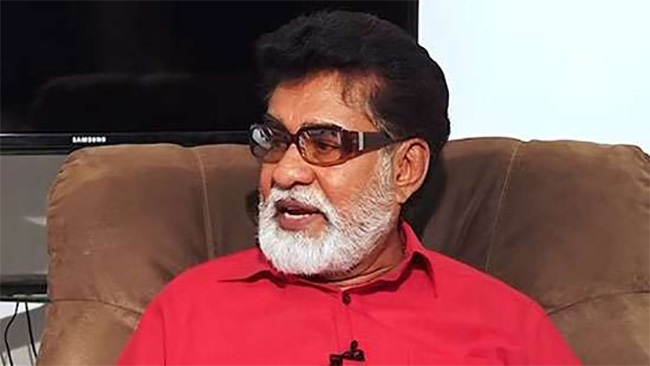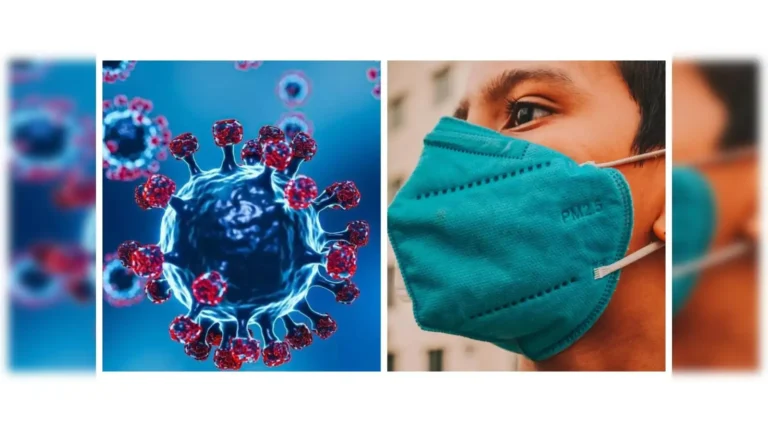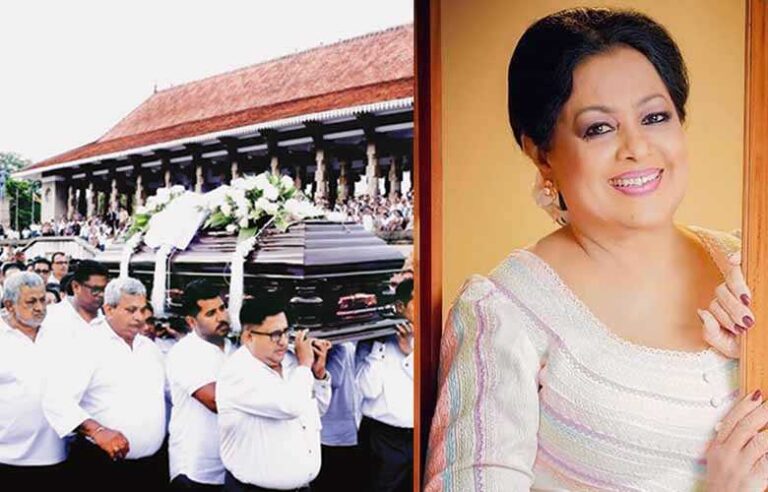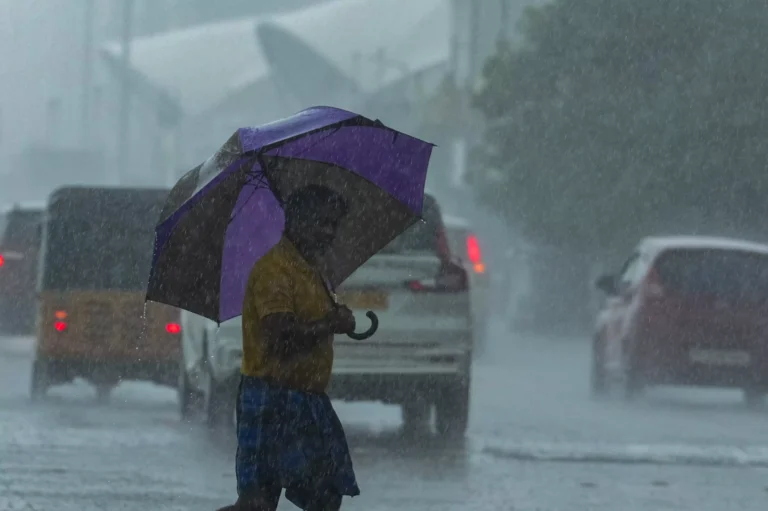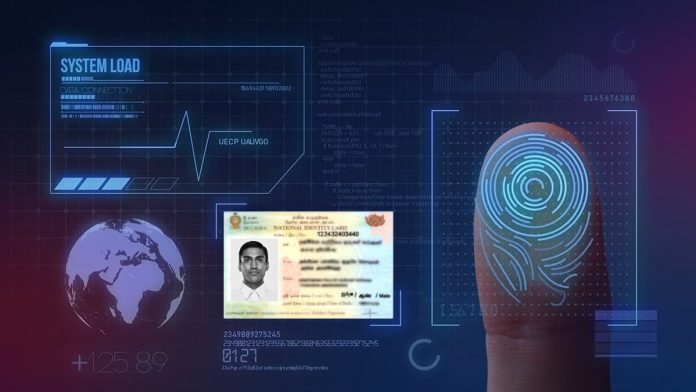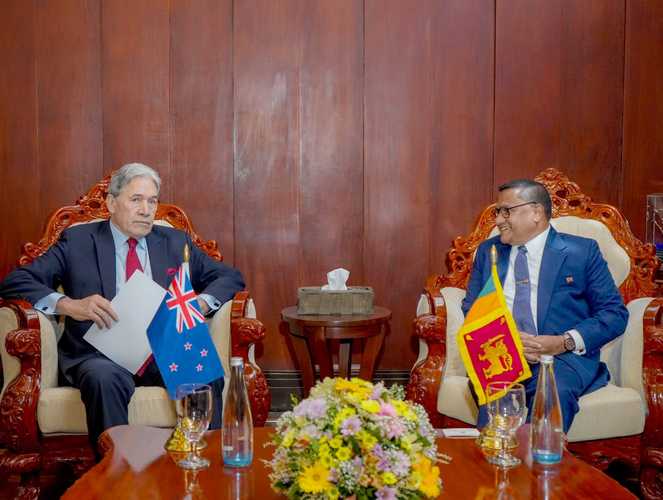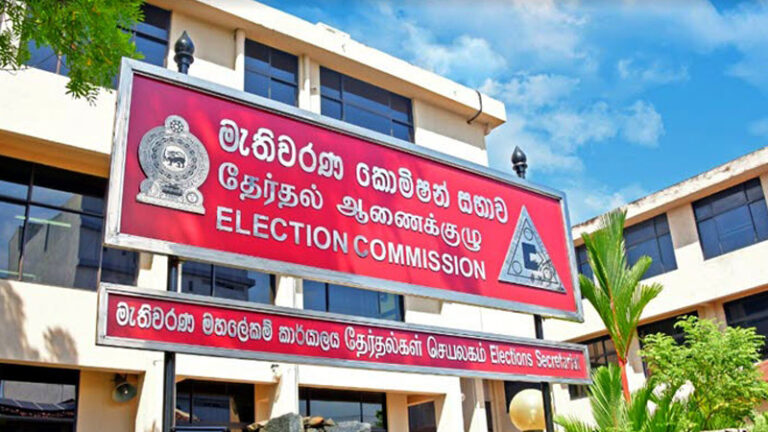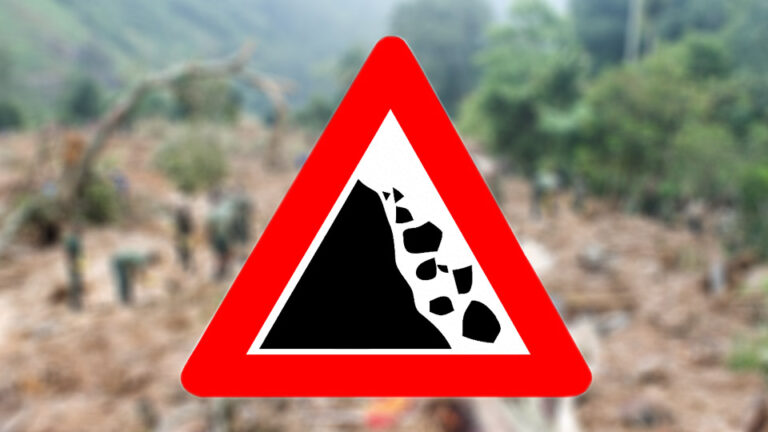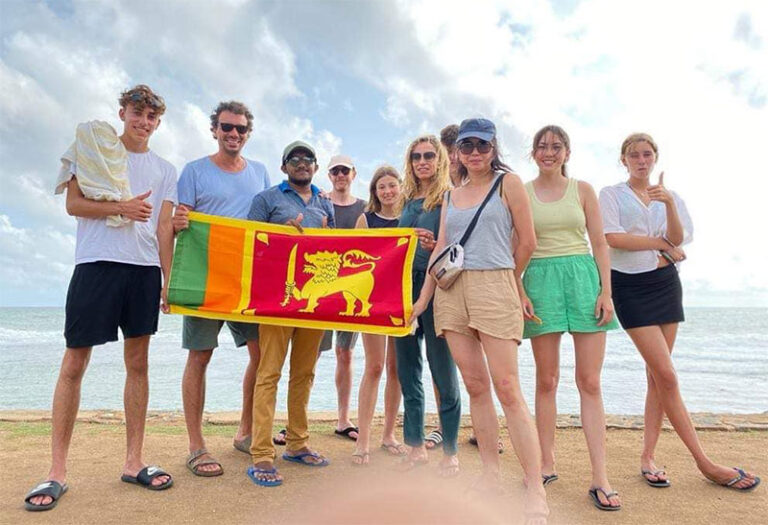May 27, Colombo (LNW): A formal indictment has been filed against former Cabinet minister Mervyn Silva, following an investigation into his financial activities during his time in office. The charges, brought by Sri Lanka’s Commission to Investigate Allegations of Bribery or Corruption (CIABOC), concern the alleged accumulation of wealth disproportionate to his declared earnings.
According to the commission, the alleged offences occurred between March 2010 and March 2012, a period during which Silva reportedly acquired a substantial portfolio of assets, including luxury vehicles, high-value properties, and significant bank holdings. CIABOC has raised concerns that these acquisitions were inconsistent with his officially declared income.
The indictment outlines specific financial transactions under scrutiny. Among these are the purchase of a plot of land in the Kadawatha area for approximately Rs. 13.9 million and another in the prestigious Colombo 07 neighbourhood—specifically on Sir Ernest de Silva Mawatha—costing Rs. 71.3 million. In addition to these real estate investments, Silva is also accused of spending Rs. 32.375 million on a Mercedes-Benz vehicle for his son, Malaka Silva, along with Rs. 5.5 million for a Hyundai and Rs. 8.85 million on a Defender SUV.
The charges are framed under provisions of the Bribery Act, which criminalise the holding or acquisition of assets that significantly exceed known income sources of a public servant or elected official. CIABOC maintains that Silva’s lifestyle and asset acquisitions during the two-year window far surpassed what could be reasonably justified by his official salary and income declarations.
This case adds to the long-standing controversies surrounding the former minister, who was a highly visible and often provocative political figure during his time in government. Known for his brash style and frequent run-ins with the media, Silva had once enjoyed close ties with the ruling establishment but later receded from the political limelight.
Legal experts suggest the indictment marks a renewed attempt by oversight bodies to hold former public officials accountable for unexplained wealth accumulation. While the legal process is expected to be protracted, the case is likely to reignite debate about transparency and corruption within Sri Lanka’s political sphere.
The commission has filed two separate charges against Silva under the Bribery Act. If convicted, he could face penalties ranging from heavy fines to possible imprisonment, along with the confiscation of unlawfully acquired assets. Proceedings are expected to proceed before the relevant High Court in the coming months.


